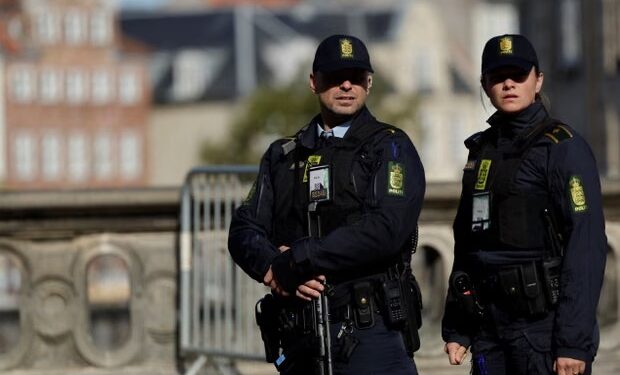On day 1,316 of Russia’s invasion of Ukraine, Estonia’s prime minister has warned that Vladimir Putin is deliberately trying to divert Europe’s attention inward as EU leaders gather in Copenhagen to debate the creation of a “drone wall” to protect the bloc’s airspace.
Estonia raises the alarm
Prime Minister Kristen Michal cautioned that recent airspace violations over Baltic and Nordic countries form part of Russia’s wider strategy to unsettle Europe. “Putin wants to have us talking about ourselves, not about Ukraine, not about helping Ukraine, not to push back Russia in Ukraine,” Michal said ahead of the summit. His remarks underscored growing concern that Moscow is using distraction tactics to weaken European unity and support for Kyiv.
The drone wall proposal
A central topic in Copenhagen is the EU’s “drone wall” initiative, a proposed network of radars, sensors, jammers and interceptors across eastern and northern borders to counter the increasing threat of unmanned aerial incursions. The plan has gained urgency following recent drone incidents over Denmark and Poland that disrupted civilian air travel and heightened fears of escalation.
While the concept has broad political backing, officials acknowledge that financial, technical and coordination challenges remain. Aligning different national defence systems and ensuring interoperability across multiple borders are among the most pressing obstacles.
Ukraine’s nuclear and energy risks
President Volodymyr Zelenskyy has issued renewed warnings about the Russian-occupied Zaporizhzhia nuclear plant, which has been disconnected from Ukraine’s power grid for a week. Ukrainian authorities blame Russian shelling for hindering repair work, sparking international concern over nuclear safety. At the same time, Kyiv has intensified cooperation with European partners on air defence, sending teams to assist with drone protection efforts.
European unity tested
The Copenhagen meeting also takes place against the backdrop of discussions on using frozen Russian assets to finance Ukraine’s war effort. Some EU leaders support deploying up to €140 billion in seized funds, though others remain cautious about the legal and financial implications.
Estonia’s warning reflects a wider fear that Russia is engaging in hybrid warfare — combining drones, cyberattacks, propaganda and border provocations — to sow division and erode European resolve. The outcome of the summit will be closely watched for signs that Europe can turn political rhetoric into coordinated, tangible measures of support for Ukraine.
Newshub Editorial in Europe – 2025-10-01



Recent Comments